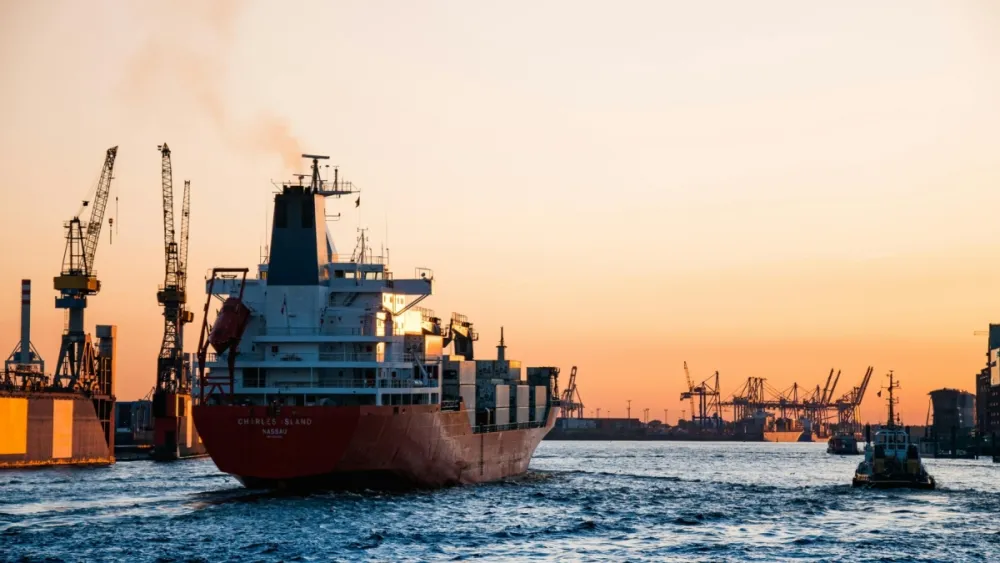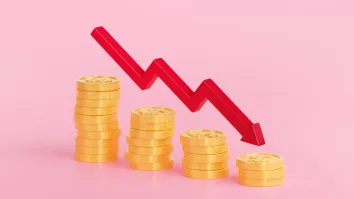
Local startup scene attracts overseas founders to set up in Hong Kong
Startups are getting a lot of opportunities from various subsidies and partnerships.
It’s been over a year since political tensions began and about seven months since the COVID-19 pandemic struck. Businesses suffered in losses and debts during the first few months, whereas startups are more at risk compared to larger firms. However, the market continues to be an ideal testing pad for startups, not only expanding into new verticals but also welcoming more foreign founders to incorporate a business in Hong Kong.
Jayne Chan, head of StartmeupHK, stated that the number of startups rose by 20% YoY and brought in a 30% increase in employment activities. Further, she shared that about a third of the startup founders in 2019 came from outside Hong Kong.
Further discussing the current startup scene in Hong Kong and how they were able to tide over current events, Hong Kong Business spoke with Chan to keep up with the new opportunities and challenges startups and VCs might face in a couple months. StartmeupHK is an initiative by InvestHK to entice foreign startup founders to expand or start a business in Hong Kong.
Describe the current startup landscape in Hong Kong. How did startups cope during COVID-19?
Chan: Hong Kong is the ideal testing ground and launchpad for startups, especially for mid-stage to mature startups, to expand and scale up. The city offers funding, markets, infrastructure and talent that most startups look for.
In 2019, the number of startups in Hong Kong grew by 21% YoY to 3,184, with total startup employment expanding 31% YoY to 12,478 people.
Around 34% of the startup founders were non-locals, from countries/territories as diverse as the US, mainland China, the UK, France, Australia, India, Singapore, Canada, Italy and Germany, among others. The US (15.4%), mainland China (14.0%) and the UK (12.5%) ranked amongst the top three countries/territories.
Hong Kong’s appeal as a startup hub extends to a wide variety of industries. In 2019, fintech, e-commerce/supply chain management/logistics technology and information, computer and technology had the largest numbers of startups.
Given the integration of the Guangdong-Hong Kong-Macau Greater Bay Area, startups in Hong Kong can now reach a population of more than 70 million with a GDP of $11.9t. The proximity of Hong Kong to innovation centres in Shenzhen and manufacturers in Zhongshan and Zhuhai gives it a unique position in the region.
The pandemic has had a global impact on different industries. Startups face similar challenges such as reduced customer demand, business meetings being postponed or cancelled due to travel restrictions. However, some startups that are able to switch their business focus quickly, or ‘pivot’, to take advantage of the pandemic situation have seen immense growth. Since Hong Kong is one of the places where the epidemic has stabilised the earliest, our observation is that the startups are regaining pace with their business activities.
What verticals are gaining traction and which suffered the most during COVID-19? Could you share which verticals will likely be the fastest and slowest to recover and why?
Chan: Biotechnology, artificial intelligence, smart cities and financial technology were identified as the four areas of strength for innovation and development in Hong Kong in 2017. These sectors continue to grow this year. Innovation and technological development take years to materialise. The trajectory of development would not be easily changed by short-term challenges.
Startups are known for their ability to adapt, innovate and embrace changes. Some startups in Hong Kong have adapted to the situation quickly and provided in-demand solutions, such as virtual reality tours, ecommerce, food delivery and telehealth services.
Meanwhile, a lot of companies have moved their daily operations online in response to changing consumer and work behaviour in recent years. The epidemic has expedited this process. We expect startups that provide goods and services around the overall trend of digitalisation to fare well in the years to come.
On monitoring the amount of funds that goes into startups, there have been fewer funding rounds from H2 2019 up to now. When do you think these figures will be bound for recovery? Will it return to its pre-COVID-19 level?
Chan: It depends on a number of factors, such as the pace of economic recovery worldwide and how soon a vaccine will be developed, which are hard to predict. The Hong Kong economy has seen ups and downs in the past. Yet, the startup ecosystem has matured over the years and startups in Hong Kong have continued to thrive.
The Hong Kong government has implemented a number of supportive measures to tide startups over this challenging period:
- From April 2020 onwards, the Hong Kong government has been enhancing its Technology Voucher Programme to promote the more widespread use of technological services and solutions among local enterprises to increase productivity or to upgrade and transform business processes. The government’s funding ratio will increase from the current level of two-thirds to three-quarters, and the funding ceiling will rise from $400,000 to $600,000. The ceiling on the number of approved projects will also be lifted from four to six. Other funding support measures include the Innovation and Technology Venture Fund (ITVF), which aims to stimulate private investment in local innovation and technology (I&T) startups by investing at a matching ratio of approximately 1 to 2.
- As per the 2020-21 Budget Proposal, concessionary low-interest loans will be offered under the SME Financing Guarantee Scheme, through which 100% guarantees will be provided by the Government. The maximum loan size for eligible enterprises is based on their salary and rental expenditures for six months, subject to a limit of $2m. The repayment period is up to three years and, on an opt-in basis, a principal moratorium is available for the first six months, during which only interest payments must be made. The government will provide guarantees of up to $20b under this concessionary loan scheme. SMEs are also supported by Trade and Industry Department funding schemes.
- In addition, the Innovation and Technology Commission has launched the Distance Business (D-Biz) Programme to support enterprises to continue their business and services during the epidemic. The Programme provides funding support through fast-track processing for enterprises to adopt IT solutions for developing distance business. For each IT solution and the relevant training expenses for the employees, the funding ceiling is $100,000 (with funding for the relevant training expenses capped at 10% of the IT solution cost). Each enterprise may receive total funding of up to $300,000 to undertake a project to be completed within six months.
On the investor side, how has the behaviour changed in choosing which startups to invest in during COVID-19? Kindly elaborate.
Chan: In essence, the process and criteria of startup investment have not changed – investors focus on companies with vast growth potential and are always interested in startups that are able to provide innovative solutions. We still receive enquiries from both sides every day, and we continue to match quality startups with relevant investors if there is a good fit.
One noticeable change is the format of the meetings. Owing to travel restrictions and prevalence of work-from-home arrangements, most of the meetings between investors and startups have moved online.
What do investors tell startups on coping during the pandemic and on facing the new normal?
Chan: From my observation, investors have remained supportive of startups that they have invested in, and getting more hands in their portfolio companies’ day-to-day business to help them realise new business opportunities or address challenges. Investment is a long-term process. It is in the best interest of investors to see the startups that they support succeed.
As mentioned, Hong Kong is an ideal testing ground and launchpad for startups, especially for mid-stage to mature startups, to expand and scale up. Close collaboration between investors and startups during challenging times is a sign of a maturing startup ecosystem.
This year’s StartmeupHK Festival will feature keynote addresses by renowned industry figures from around the world, exhibitions, roundtable discussions, workshops and a job fair. The festival will showcase the latest developments in smart cities, retail tech, artificial intelligence, fintech, lifestyle tech, and global start-up trends and insights. It will also provide one-to-one investor matching for qualified startups.
Apart from fintech and biotech, what are the other underserved verticals that investors are eyeing?
Chan: We are seeing some interesting companies operating in the areas of logistics and retail technology, with companies providing platforms for air cargo for example, direct to consumers or the deployment of cloud-based inventory and order management systems for eCommerce retailers to automate their logistics.
Smart city technology companies are also resonating with clients, and therefore investors here, especially in the property technology space, and of course, AI is common in many startup offerings – it’s so widespread that you almost don’t include it as a separate category these days. Recently we have been seeing tremendous interest in foodtech by family offices and established investors, particularly in the meat alternative space, and we expect to see more deals being done in this area over the next few quarters.



















 Advertise
Advertise









